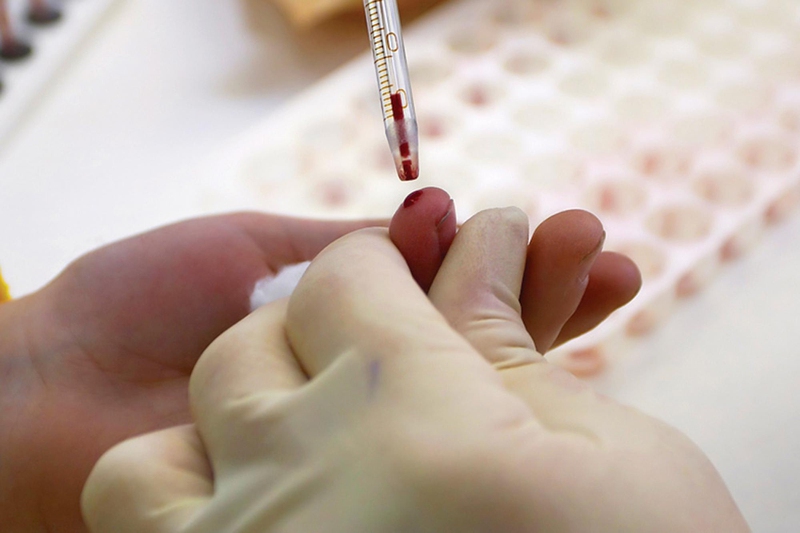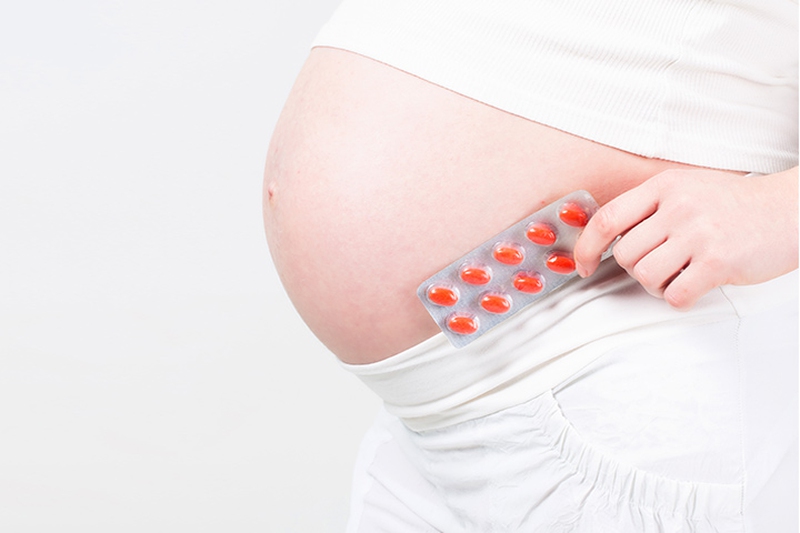When a genetic abnormality occurs in the fetus, the result is often a miscarriage. The most common abnormality is the tripling of a chromosome. While miscarriages cannot be completely prevented, there are a few precautions women can take to help reduce the likelihood of one occurring. Making simple changes to your diet, exercise and sleeping patterns can increase your chances of having a healthy baby. If you are wondering how to avoid miscarriage in early pregnancy, this article will reveal a few ways to do just that.

Before Pregnancy
Get tested for STDs. Ask your doctor to test for things like gonorrhea, herpes, HIV and syphilis which can all increase the chances of having a miscarriage.
Know what vaccines you have received. Many diseases can increase the risk of miscarriage and most of these can be prevented by vaccinations. If you do not know your vaccination history, you may be able to have blood work done which can determine what vaccination you received as a child. This is something you will want to do prior to becoming pregnant to reduce your risk of miscarriage.
Some chronic condition like lupus, epilepsy and thyroid disease can increase your chances of miscarriage. If you or your family has a history of these diseases, you will want to let you doctor know about them. It is still possible to get pregnant and have a healthy baby with these conditions, but it is best to know about the problems they could cause ahead of time.
Increase the amount of folic acid you consume at least two months prior to when you want to conceive. You should be taking a minimum of 600 mg per day of folic acid to reduce the risk of miscarriage and birth defects.
How to avoid miscarriage in early pregnancy? Make simple changes to what you drink. You want to limit the amount of caffeine you consume on a daily basis. Prior to getting pregnant, you should not drink more than 200 mg of coffee a day or no more than 2 cups of coffee. Caffeine can have negative effects on hormone levels and when consumed in large quantities, it can have unhealthy side effects.
During Pregnancy
Include exercise in your daily routine wisely. Exercising is vital for maintaining proper blood circulation through the body. However, you do not want to do any extreme exercising, as this can increase your risk of miscarriage. Vigorous exercise will increase the body temperature and reduce blood flow to the fetus which is why exercise should be light. You also want to avoid any types of contact sports as any falls or sudden jolts can be dangerous for the baby.
Cut out unpasteurized dairy products as well as raw meats. These products can carry a wide range of infections like listeria and toxoplasmosis. These infections will increase the risk of miscarriage, so ensure your meats are fully cooked and that the dairy you consume is pasteurized.
Refrain from continuing bad habits like smoking, drinking alcohol and using illegal drugs or substance. Everyone knows the risk these products pose for pregnant women, so these should be avoided at all cost prior and throughout the pregnancy. Never ask about "how to avoid miscarriage in early pregnancy" if you could not do this.
- You want to keep yourself away from any types of radiation or poisons. Lead, arsenic, formaldehyde, ethylene oxide, benzene and having x-rays performed while you are pregnant can significantly harm your baby, increasing the chance of miscarriage.
- Limit your stress by practicing meditation, yoga, deep breathing exercises or anything that can relieve your stress. Excess stress makes it more difficult for your body to fight off illnesses and keep yourself healthy.
Keep your caffeine intake down. Once you have conceived, you want to continue to limit your caffeine intake to no more than two cups a day.
Ask your doctor about taking progesterone. Progesterone can help the fertilized egg thrive in the uterus and many miscarriages occur because of a lack of progesterone. When taken during the first trimester, progesterone can help reduce your risk of having a miscarriage.
- Have your blood sugar levels tested. Heighten blood sugar levels can lead to miscarriages or birth defects.
- Ensure you are getting the proper vitamins and nutrients by eating a well-balanced diet. While you may be taking a prenatal vitamin, the best way to get the vitamins and minerals you and your baby need is through fresh fruits and vegetable. How to avoid miscarriage in early pregnancy? change your bad eating habit and eat a well-balanced meal.




View All Comments /Add Comment